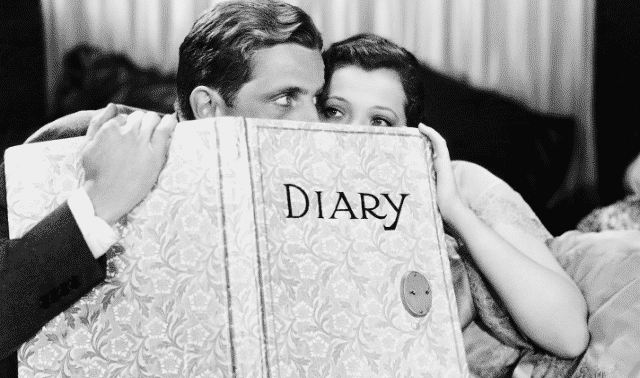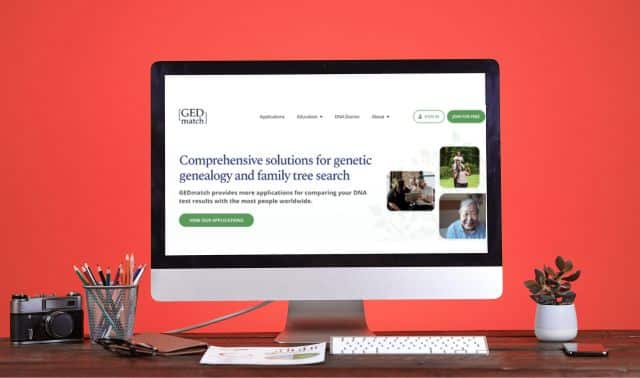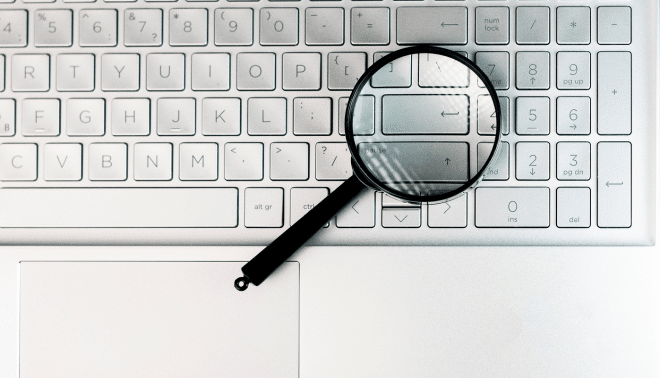Sign up for the Family Tree Newsletter! Plus, you’ll receive our 10 Essential Genealogy Research Forms PDF as a special thank you.
Get Your Free Genealogy Forms
"*" indicates required fields

Q: My DNA doesn’t match who I thought I was. What do I do now?
A: DNA testing is meant to give us insight into who we are and where we came from. It is meant to anchor us in a culture and a history and a location that provides stability and context to our lives. But often, it becomes the catalyst for a serious examination of our sense of identity.
DNA has managed to reign supreme when it comes to deciding who we are. Instead of turning to childhood memories of Grandma’s secret pasta recipe or stories of our ancestor’s adventures in ancient cities, we ask our DNA to help us know who we are. So when it tells us we are 42% Italian, somehow that is stronger proof than our own dark hair, olive skin, and penchant for pasta.
That means, when we see unexpected results in our supposedly irrefutable DNA test, we are faced with the need to reconcile what we thought about not just our heritage, but our very selves.
With that in mind, there are two categories of unexpected results to consider: unexpected ethnicity estimates, and unexpected DNA matches. The former, in many cases, is not a cause for concern. The ethnicity result that underestimates your expected German or overestimates your Scandinavian (while possibly causing a bit of sibling rivalry over who has the greater right to eat bratwurst) can easily be explained by the various testing companies and their methods for measuring ethnicity. In addition your ethnicity estimates will likely change over time, leading to the possibility that a future update will bring your estimates more in line with what you’re expecting.
But unexpected DNA matches are a different matter. These are more concrete and less prone to error, and have the potential to upend fundamental ideas about who you are. Finding out that the two parents you grew up with aren’t the same as the two who biologically created you, for example, can cause much more personal turmoil.
There’s no single right way to proceed in these situations. But here are a couple tips to help you navigate this situation.
1. Take Your Time
Receiving shocking information can often cause us to react, when what we really need to do is regroup. Talk to someone you trust—but someone who isn’t directly involved or impacted by your situation.
2. Gain Some Perspective
It’s natural to feel betrayed and hurt. It may help to remember that, very likely, the people involved were just trying to do the best they could with the information they had. If it was a parent who misrepresented details of your birth family to you, consider that parents constantly have to make decisions for their children that they feel are in the children’s best interest. If you have children of your own, consider the difficult positions you’ve been put in as a parent, and try to sympathize.
3. Recognize That Families Are More Than Biology
You may feel that your nonbiological parent(s) or siblings were ripped away from you when you found out you do not have a biological connection after all. But often your shared experiences, memories and traditions will bind you back together.
In short, it helps to take the perspective that you haven’t lost a family because of DNA—you’ve just gained another.
Last updated, November 2020. A version of this article appeared in the July/August 2021 issue of Family Tree Magazine.








